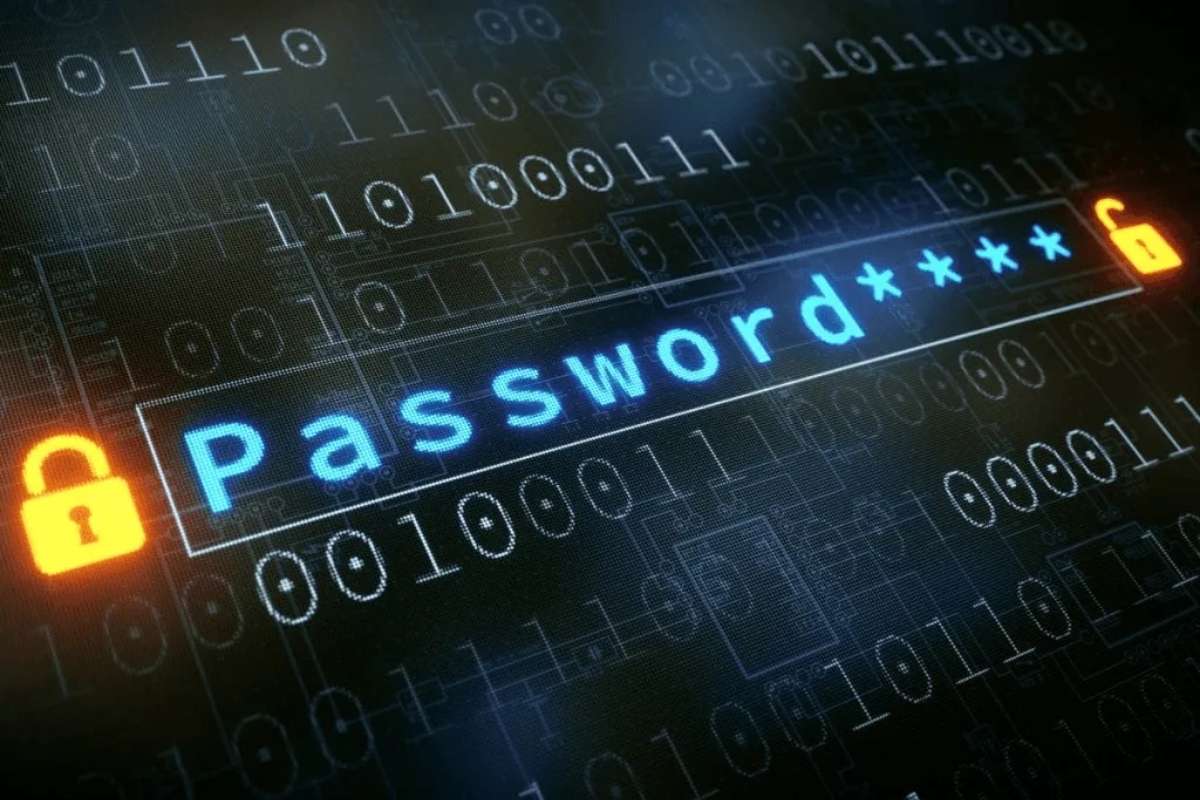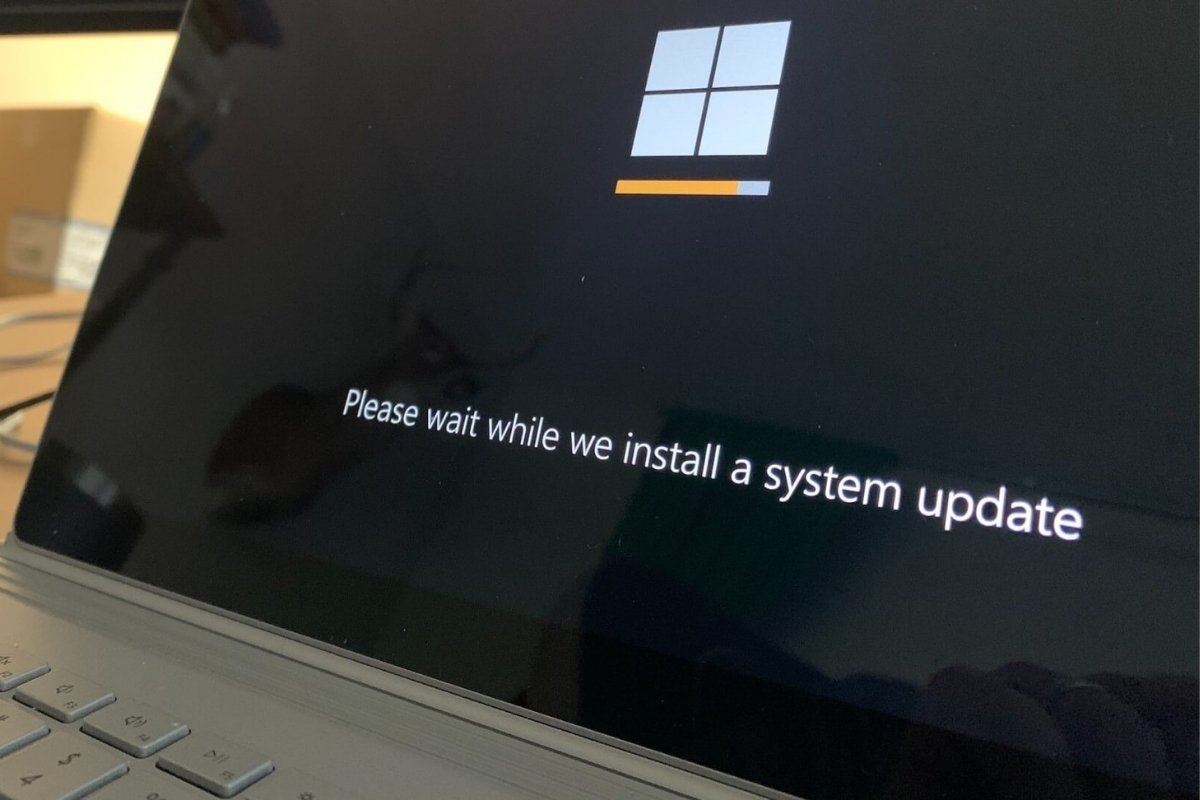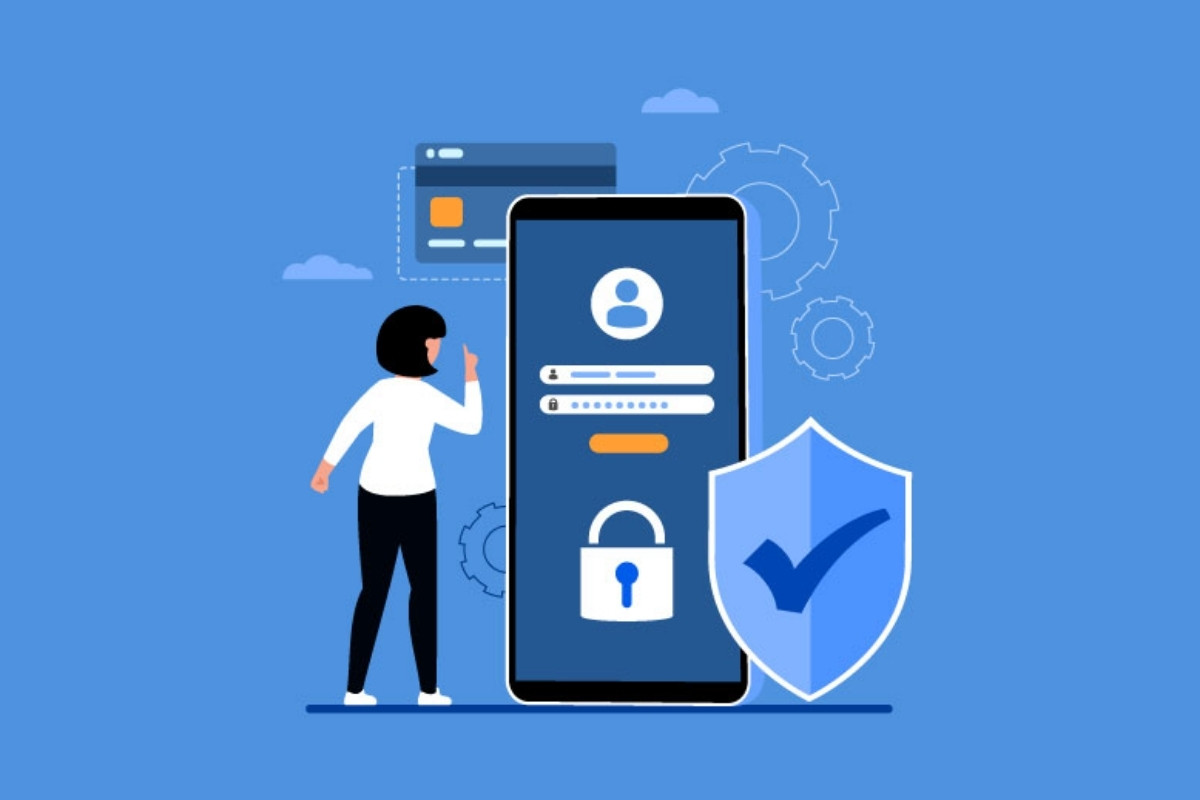In the digital age, cybersecurity is more important than ever. With cyber threats constantly evolving, it’s crucial to take proactive steps to safeguard your personal and professional data. This guide will provide essential tips to protect your online information from hackers, malware, and other cyber risks.
1. Use Strong and Unique Passwords 🔑
- Create passwords that are at least 12-16 characters long.
- Use a mix of uppercase and lowercase letters, numbers, and special characters.
- Avoid using easily guessable passwords like “password123” or your birthdate.
- Consider using a password manager to generate and store complex passwords securely.

2. Enable Two-Factor Authentication (2FA) 🔐
- 2FA adds an extra layer of security by requiring a second form of verification.
- Use authentication apps like Google Authenticator or Authy instead of SMS codes.
- Enable 2FA on all critical accounts, including email, banking, and social media.
Read more: The Power of Microbiology: How Tiny Organisms Impact Our Lives
3. Keep Your Software and Devices Updated 💻
- Regularly update your operating system, apps, and security software.
- Enable automatic updates whenever possible to patch vulnerabilities.
- Install reliable antivirus and anti-malware programs to detect threats.

4. Be Cautious with Emails and Links 📩
- Avoid clicking on suspicious links in emails, messages, or pop-ups.
- Verify the sender’s email address before opening attachments.
- Be wary of phishing scams that impersonate trusted organizations.
5. Secure Your Internet Connection 🌐
- Use a virtual private network (VPN) when accessing public Wi-Fi.
- Set up a strong, unique password for your home Wi-Fi network.
- Regularly check and update your router’s firmware.
6. Manage Your Social Media Privacy 🛑
- Adjust privacy settings to limit who can see your posts and personal information.
- Avoid sharing sensitive data, like your phone number or location, publicly.
- Be mindful of friend requests and interactions with unknown users.

7. Back Up Your Data Regularly 💾
- Use cloud storage or external hard drives to back up important files.
- Enable automatic backups for your devices to prevent data loss.
- Keep multiple copies in different locations for added security.
8. Be Aware of Scams and Fraud 🎭
- Stay informed about the latest cyber threats and scams.
- Avoid sharing personal details over phone calls or emails from unknown sources.
- Report fraudulent activities to relevant authorities.
9. Log Out of Accounts When Not in Use 🚪
- Always log out from shared or public computers.
- Set up automatic logout for inactive sessions on important accounts.
- Use device authentication methods like fingerprint or facial recognition when available.
10. Educate Yourself and Others 📖
- Stay updated on cybersecurity trends and best practices.
- Encourage family, friends, and colleagues to follow safe online habits.
- Participate in cybersecurity awareness programs and training sessions.
Conclusion 🛡️
Protecting your data online requires continuous effort and awareness. By following these essential cybersecurity tips, you can significantly reduce your risk of cyber threats. Stay vigilant, update your security measures regularly, and prioritize your digital safety!
Do you have additional cybersecurity tips? Share them in the comments below! 🔒


